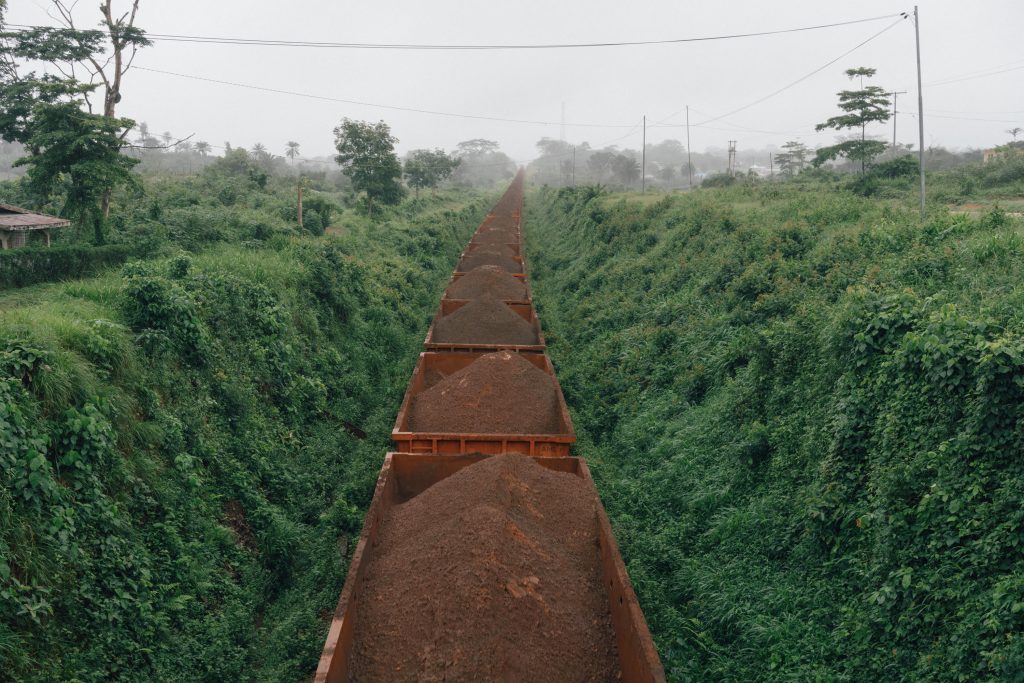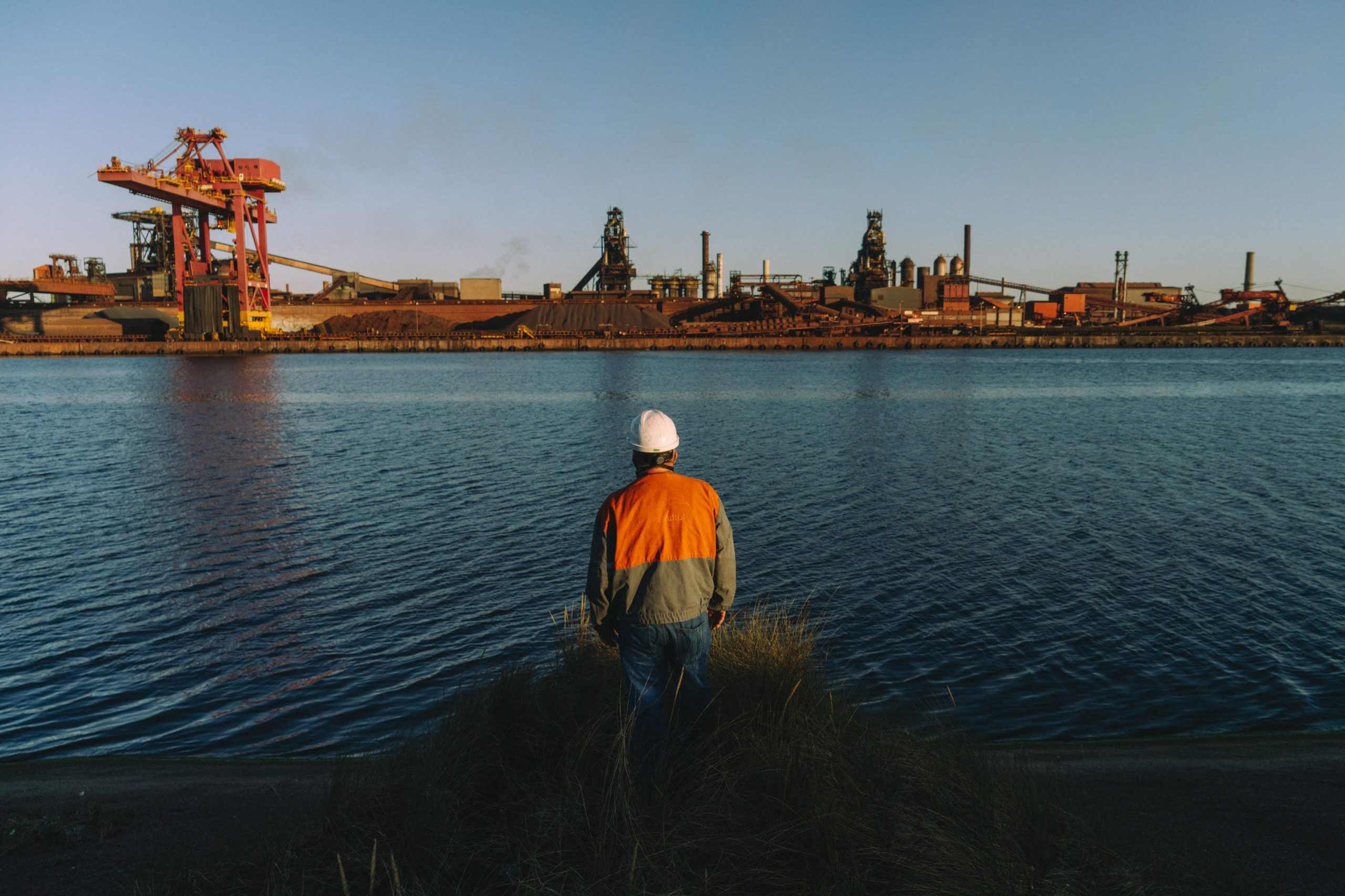From the iron mines of Liberia and Mexico to the plants and corporate offices of Europe, journalists followed the route of the metal that sustains the world — and exposed its environmental contradictions.
This cross-border investigation was carried out by journalists Berta Vicente Salas (Spain), Daniel Wizenberg (Argentina), Coline David (France), Alejandro Saldívar (Mexico) and Mae Azango (Liberia).
At the heart of the story stands ArcelorMittal, Europe’s largest steel company and one of the world’s leading producers. But the narrative also gives voice to the communities living beside the mines, ports, factories and waste sites — people who, both in the Global South and the Global North, bear the costs of an economy that calls itself green while still relying on coal, iron, fossil energy and the creation of so-called sacrifice zones.
The journalists investigated the global supply chain of ArcelorMittal, from the iron-ore mines of Nimba (Liberia) and Peña Colorada (Mexico) to its European steel plants in Gijón (Spain) and Dunkirk (France).
Through months of field reporting and interviews with local residents, workers and experts, the investigation reveals how a single corporate model connects extractive zones in the Global South with industrial centres in Europe — externalising environmental, social, and health costs to the peripheries while branding itself as a “sustainable” leader of the green transition.
Ore extracted from Liberia and Mexico feeds European plants in Dunkirk and Gijón, where steel is refined for the automotive and construction industries — closing a circuit of extraction and consumption that ties the destruction of tropical forests to the industrial landscapes of Europe.

Key findings
In Nimba (Liberia), iron-ore extraction has polluted rivers, destroyed farmland and caused recurrent ground tremors from blasting operations. Meanwhile, Liberia’s postwar economy remains dependent on a single foreign corporation. Government officials — including the president — promote ArcelorMittal’s projects as symbols of national progress while ignoring their social and ecological consequences.
In Peña Colorada (Mexico), open-pit mining has led to deforestation and contamination of water sources used by Indigenous Nahua communities. Local populations live under constant threat from corporate and criminal actors. Testimonies reveal intimidation, forced relocations, and the murders of community leaders opposing mining operations.
In Gijón (Spain) and Dunkirk (France), steelmaking has caused severe air and water pollution. Locals report soot accumulation, respiratory illnesses, and metallic dust known in Dunkirk as pluie d’argent (“silver rain”), a residue of heavy metals emitted from ArcelorMittal’s furnaces. Despite European environmental standards, toxic emissions persist due to outdated infrastructure and weak enforcement. Amid an industrial crisis and strategic uncertainty, ArcelorMittal — Europe’s largest steel producer — is now backtracking on its decarbonisation plans. This raises serious concerns for the sector’s future, as the EU continues to delay providing adequate support for its green transition.
